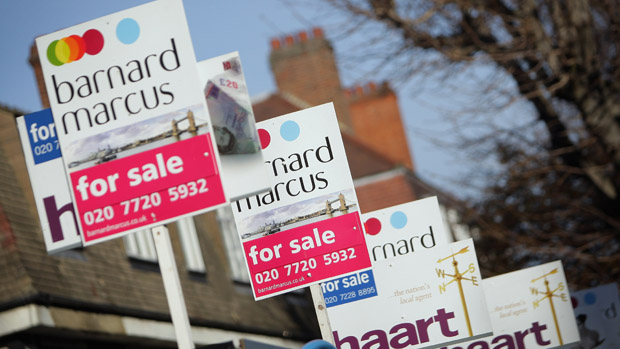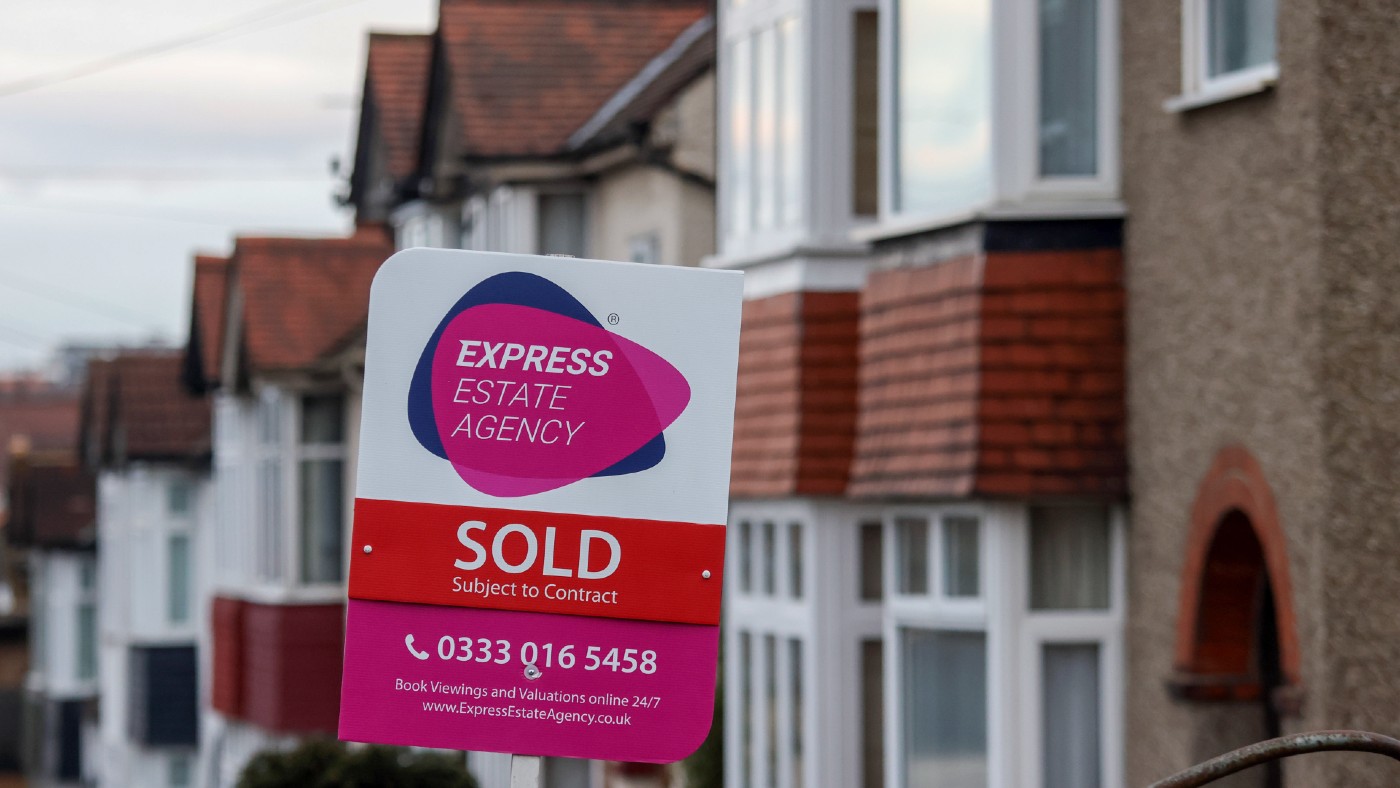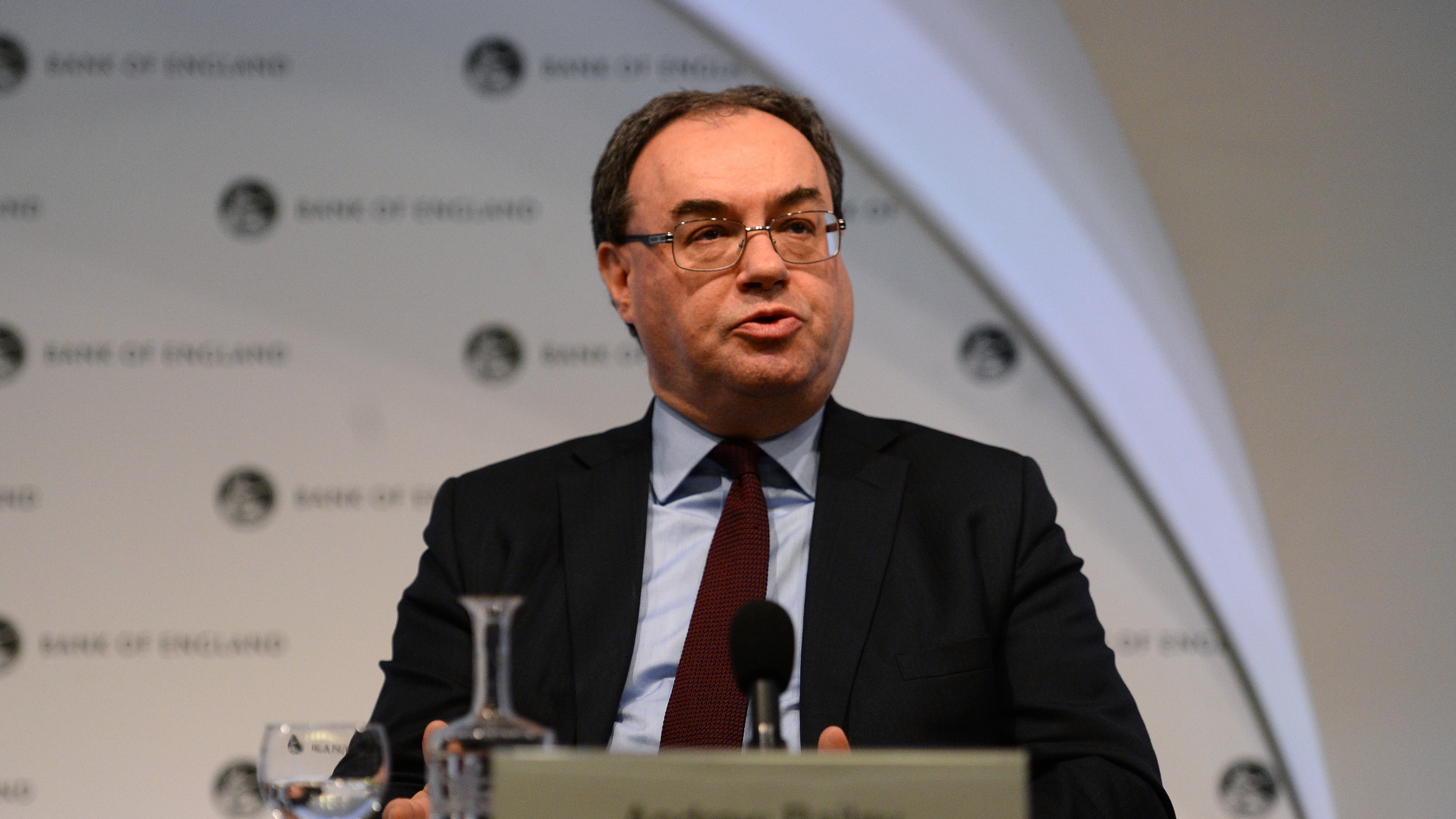Half a million UK homes still in negative equity
Problem is worst across Northern Ireland, Scotland and northern England, where prices are still depressed

A free daily email with the biggest news stories of the day – and the best features from TheWeek.com
You are now subscribed
Your newsletter sign-up was successful
NEARLY half a million households are still in negative equity – meaning their houses are worth less than their mortgages – despite rising property prices across most of the country.
The problem is worst in Northern Ireland, Scotland and northern England, where house prices have not yet recovered from the slump that started in 2008.
In north-east England and Cumbria, 16 per cent of homeowners are in negative equity. “That is actually worse than six months previously,” the BBC reports, “presumably tracking a further decline in house prices in the region.”
The Week
Escape your echo chamber. Get the facts behind the news, plus analysis from multiple perspectives.

Sign up for The Week's Free Newsletters
From our morning news briefing to a weekly Good News Newsletter, get the best of The Week delivered directly to your inbox.
From our morning news briefing to a weekly Good News Newsletter, get the best of The Week delivered directly to your inbox.
Negative equity results when house prices fall sharply, reducing the value of the property to less than the value of the mortgage attached to it. It is hard for people affected by the problem to sell their homes, as the money they receive will not be enough to pay back the loan.
Northern Ireland has the highest rate of negative equity: 41 per cent of borrowers in the province are affected, according to data from the mortgage group HML.
In the south-east of England, house prices have recovered more quickly and the picture is very different. In London, for example, just 1 per cent of homeowners are in negative equity.
The figures were released as Britain’s biggest building society warned that a whole generation of borrowers face unexpected financial pain when interest rates begin to rise.
A free daily email with the biggest news stories of the day – and the best features from TheWeek.com
"People should start to consider the impact higher mortgage costs might have on their household budgets," Graham Beale, chief executive of Nationwide, said on his blog.
David Hollingworth, of brokerage London and Country, told the Daily Telegraph that borrowers who have stretched themselves to get onto the housing ladder could face a shock.
“After five years of record low interest rates it is easy to for people to feel that this is a normal borrowing environment, but it is far from normal,” he said. “People must start preparing for a rate rise now by building up savings, scaling back their spending or boosting their income.”
-
 The ‘ravenous’ demand for Cornish minerals
The ‘ravenous’ demand for Cornish mineralsUnder the Radar Growing need for critical minerals to power tech has intensified ‘appetite’ for lithium, which could be a ‘huge boon’ for local economy
-
 Why are election experts taking Trump’s midterm threats seriously?
Why are election experts taking Trump’s midterm threats seriously?IN THE SPOTLIGHT As the president muses about polling place deployments and a centralized electoral system aimed at one-party control, lawmakers are taking this administration at its word
-
 ‘Restaurateurs have become millionaires’
‘Restaurateurs have become millionaires’Instant Opinion Opinion, comment and editorials of the day
-
 Can Trump make single-family homes affordable by banning big investors?
Can Trump make single-family homes affordable by banning big investors?Talking Points Wall Street takes the blame
-
 UK house prices fall at fastest rate for nearly 14 years
UK house prices fall at fastest rate for nearly 14 yearsSpeed Read First-time buyers may welcome the news but higher than expected inflation means mortgage costs remain an issue
-
 Labour shortages: the ‘most urgent problem’ facing the UK economy right now
Labour shortages: the ‘most urgent problem’ facing the UK economy right nowSpeed Read Britain is currently in the grip of an ‘employment crisis’
-
 Will the energy war hurt Europe more than Russia?
Will the energy war hurt Europe more than Russia?Speed Read European Commission proposes a total ban on Russian oil
-
 Will Elon Musk manage to take over Twitter?
Will Elon Musk manage to take over Twitter?Speed Read The world’s richest man has launched a hostile takeover bid worth $43bn
-
 Shoppers urged not to buy into dodgy Black Friday deals
Shoppers urged not to buy into dodgy Black Friday dealsSpeed Read Consumer watchdog says better prices can be had on most of the so-called bargain offers
-
 Interest rates: why the long era of ever-cheaper finance is finally over
Interest rates: why the long era of ever-cheaper finance is finally overfeature Bank of England is warning that hikes are ahead as inflation soars
-
 Ryanair: readying for departure from London
Ryanair: readying for departure from LondonSpeed Read Plans to delist Ryanair from the London Stock Exchange could spell ‘another blow’ to the ‘dwindling’ London market